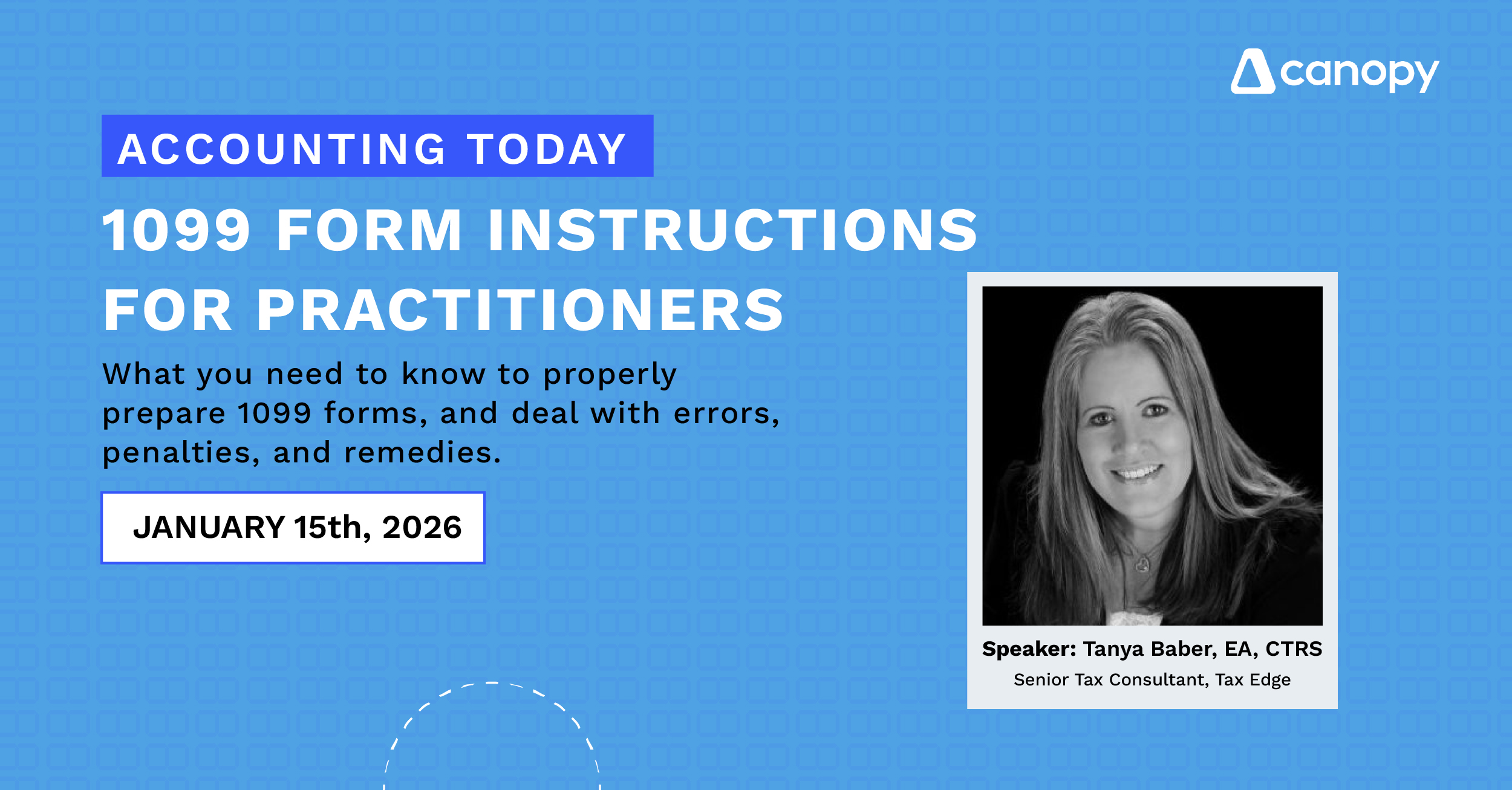You commit a crime, you are convicted, and you do your time. Then the IRS steps in to collect taxes. The IRS takes your assets to pay the tax that arose from your criminal activity.
As part of this, the IRS seizes your IRA funds. Are you responsible for paying income taxes on the IRA distribution–even through you never received the money and you did not have control over the IRA at the time the funds are withdrawn?
The recent Sixth Circuit decision in Hubbard v. Commissioner, No. 24-1450 (6th Cir. Mar. 19, 2025), considers whether a taxpayer must pay income tax on IRA funds that were forfeited to the government following a criminal conviction.
Facts & Procedural History
The taxpayer in this case was a pharmacist who owned and operated a pharmacy in eastern Kentucky. His business generated substantial income, allowing him to acquire multiple homes, luxury vehicles, a boat, jet skis, and establish an IRA. By 2017, his IRA had nearly $500,000 in untaxed money.
The source of the taxpayer’s wealth, however, was illegal. He operated what courts described as a “pill mill,” selling large quantities of oxycodone to those addicted to the drug and supplying pseudoephedrine to methamphetamine manufacturers. Following criminal proceedings, a jury convicted the taxpayer of drug and money-laundering offenses. This resulted in a 30-year prison sentence. Importantly, there were no tax fraud charges.
As part of the criminal case, prosecutors invoked criminal forfeiture laws to seize the taxpayer’s assets acquired with proceeds from his illegal activities. The district court ordered the forfeiture of specific property—his homes, vehicles, watercraft, and financial accounts, including his IRA—to the IRS.
In 2017, the IRS seized the nearly $500,000 from the taxpayer’s IRA. The IRS treated this seizure as a taxable distribution to the taxpayer. While the taxpayer was in prison, the IRS sent him a notice of deficiency claiming he owed nearly $300,000 in combined in income taxes, early withdrawal penalty, and interest and penalties for failing to file a tax return.
The taxpayer challenged this notice in tax court. He argued that the tax liability “should be paid by [the] feds” since his account “was forfeited to” them. Although the IRS conceded that the taxpayer shouldn’t have to pay the early withdrawal penalty, it maintained that he still owed income taxes. The tax court sided with the IRS, finding that the taxpayer owed taxes and penalties. This appeal followed, which reversed the tax court.
Understanding Criminal Forfeiture
Criminal forfeiture laws allow the government to seize property connected to illegal activity to “ensure that crime does not pay.” While English common law permitted authorities to confiscate all of a convicted defendant’s property, American forfeiture laws typically target only “specific assets” with a connection to the crime.
The Sixth Circuit explained that there are two general types of forfeitures in our legal system, i.e., a specific property forfeiture and a personal money judgment forfeiture. The tax implications are not the same for each type.
What is a Specific Property Forfeiture?
The first type of forfeiture identifies “specific property” that the defendant must relinquish. The government becomes the owner of this property upon conviction.
Some forfeiture laws incorporate a “relation back” doctrine that treats the government as having ownership rights in the property dating back to when the crime was committed.
This type of forfeiture resembles an “in rem” judgment because it permits the government to seize only the identified “tainted property” rather than the defendant’s other assets.
What is a Personal Money Judgment Forfeiture?
The second type of forfeiture is a personal money judgment. This type of forfeiture allows courts to impose a “personal money judgment” identifying a sum that the defendant must pay.
With this type of forfeiture, the court calculates this amount based on the value of the forfeitable property involved in the crimes.
This type of forfeiture resembles an “in personam” judgment because the government may collect the debt from any of the defendant’s current or future assets.
Which Type Applied In Hubbard’s Case?
This case involved a specific property forfeiture. The district court identified specific property subject to forfeiture—including his IRA—and ordered the IRS to seize only these assets. The court did not enter a personal money judgment against the taxpayer.
The order stated that the forfeited assets “shall be forfeited to the United States and no right, title, or interest in the property shall exist in any other party.” This meant that the government became the IRA’s owner at the time of the order.
Distributions from Forfeited IRAs, Generally
Questions about gross income start with Section 61(a) of the tax code. Section 61(a) says that “gross income means all income from whatever source derived.” This broad language is intentional. It reflects Congress’s intent to exercise its full constitutional taxing power under the Sixteenth Amendment. The Supreme Court has consistently interpreted this provision broadly, holding that it covers “all economic gains” not specifically exempted by statute. The breadth of Section 61(a) extends beyond direct cash receipts to include just about all forms of economic benefit.
Beyond this general definition, Section 408(d)(1) specifically addresses IRA distributions, stating that “any amount paid or distributed out of an individual retirement plan shall be included in gross income by the payee or distributee, as the case may be.” This language is key here because it identifies who bears the tax burden—the “payee or distributee” of the funds.
These provisions would clearly apply if the taxpayer owned the IRA at the time of the distribution. But the taxpayer did not own the IRA at the time of the distribution. The government owned the IRA.
This ownership question was central to the court’s analysis. The Sixth Circuit had to determine whether the taxpayer remained the “payee or distributee” for tax purposes despite no longer owning or controlling the IRA when the funds were withdrawn.
The court concluded that once the IRS became the owner of the IRA through the forfeiture order, the agency—not the taxpayer—became the “[o]ne to whom money [was] paid or payable” and the “beneficiary entitled to payment” under ordinary definitions of these terms.
Thus, the Sixth Circuit Court held that the broad language of Section 61(a) did not cause the distribution to be taxable income to the taxpayer.
Distribution from Forfeited IRA as Discharge of Debt Income
Since Section 61(a) did not work, the IRS had to find some other rationale for including this in income. The IRS argued that Subsection 61(a)(12) made the distribution income for income tax purposes.
This subsection specifically identifies “income from discharge of indebtedness” as a form of gross income. This principle, sometimes called “cancellation of debt” income, recognizes that when a taxpayer’s financial obligation is satisfied by a third party or otherwise canceled, the taxpayer has realized an economic benefit equivalent to receiving cash and using it to pay the debt.
The seminal case interpreting discharge of indebtedness as income is Old Colony Trust Co. v. Commissioner. In that case, the Supreme Court held that when an employer paid an employee’s tax obligations directly to the government, this payment constituted additional taxable income to the employee. The Court reasoned that the “discharge” of an “obligation” was economically equivalent to a “receipt” of the same sum of money.
Courts have since applied this principle to numerous situations, including involuntary distributions from retirement accounts. For example, the tax court has held that when IRA funds are garnished to pay child support (Vorwald v. Commissioner), to satisfy tax debts (Schroeder v. Commissioner), or to pay restitution (Rodrigues v. Commissioner), the IRA owner must still pay taxes on the distributions despite never receiving the funds directly. This is even true if the debt that is cancelled is exceedingly old.
The question in this case was whether the criminal forfeiture of the taxpayer’s IRA created a “debt” that was discharged when the IRS seized the funds. The Sixth Circuit answered this question by examining the specific type of forfeiture involved.
The court reasoned that had the district court entered a “personal money judgment” against the taxpayer, that judgment might have created a debt. In that case, the withdrawal of IRA funds might have created a tax obligation by reducing a debt the taxpayer owed.
However, since the district court instead granted the IRS ownership of the “specific property” (the IRA), the IRS did not withdraw the funds to “discharge” an “obligation” that the taxpayer owed. Rather, the IRS withdrew the funds because it owned them. As the court noted, “if the forfeiture order created a debt merely by transferring ownership of the IRA from Hubbard to the IRS, why wouldn’t the order have created a debt in Hubbard’s homes and cars too?” The court concluded that Section 61(a)(12)’s discharge of indebtedness provision did not apply because no debt was being discharged—ownership of the asset itself had changed hands through the specific property forfeiture.
As such, the Sixth Circuit Court concluded that there was no debt and the distribution from the IRA did not create cancellation of debt income.
The Takeaway
This decision highlights the distinction between different types of forfeitures and their tax consequences. When the government obtains ownership of specific property through forfeiture (rather than imposing a money judgment), the former owner may not be liable for taxes on subsequent transactions involving that property. For IRA accounts specifically, this means that when the government becomes the owner through forfeiture, it—not the former account holder—becomes the “payee or distributee” responsible for any tax consequences from withdrawals.
The IRS may not be able to distinguish between the types of forfeited IRAs, as the custodians will likely just issue Forms 1099R and that will start the IRS assessment process. Those who have been assessed tax on forfeited IRAs in the past and those that will likely continue in the future should consider their options based on this case, which may include filing refund claims, or challenging the IRS on this issue as the taxpayer did in this case.
Watch Our Free On-Demand Webinar
In 40 minutes, we’ll teach you how to survive an IRS audit.
We’ll explain how the IRS conducts audits and how to manage and close the audit.


























